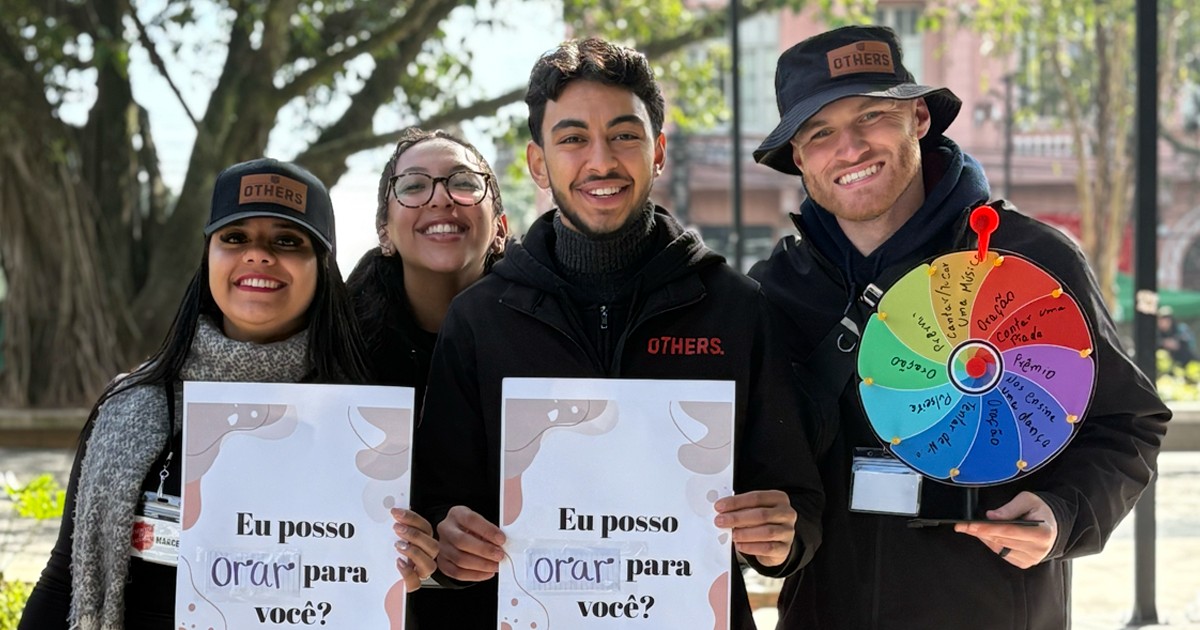In May, Canadian singer-songwriter Bryan Adams posted an expletive filled rant on Instagram, blaming “bat eating, wet market animal selling, virus making” people in China for the coronavirus outbreak—comments that many considered offensive and racist. Although Adams apologized the next day, saying he was referring to the cruelty of such markets and promoting veganism, #BryanAdamsIsCancelled was already trending on Twitter.
If you are unfamiliar with the term, to be “cancelled” refers to the practice of boycotting or withdrawing support for public figures or organizations after they have said or done something objectionable. It could also be described as group shaming. For some, it’s a way to stand up against injustice. For others, it’s a mob mentality that causes fear and inhibits free speech.
Chances are high that we have all been involved in “cancel culture” to some degree. Even if you’ve never participated in online shaming, you’ve probably seen someone else display outrage at another person’s misbehaviour, and may even have thought, “They deserve to be called out.” But as Christians, how do we acknowledge wrongdoing and still demonstrate God’s love and grace? Here are a few things to remember as we navigate cancel culture:
We don’t know the whole story. It’s an elementary school lesson—you can’t form an accurate opinion of someone you don’t know very well. I’ve taught this to kindergarten classes. And yet it’s a major factor in cancel culture. Do we really know enough about somebody to form an opinion? Unless we have lived another person’s life, lived through their experiences, we can’t judge them for the choices they make.
And is the offender even informed enough to understand what they are putting out there for everyone to see? Once you post something online, it’s there forever. You can try to delete it, but chances are that it can still be found online, somewhere. There are many things I said in my youth, and even within the last few years, that I wish I could take back because of my ignorance and lack of understanding.
No one has the moral high ground. We are all in need of forgiveness and grace. God created and knows all of us, inside and out, and still chooses to love us, all the same. Even with all our shortcomings, God extends grace to us through the words, actions and sacrifice of his Son, Jesus Christ. Because we know what it is to be forgiven, we should forgive others. “Freely you have received; freely give” (Matthew 10:8).
We need to model the love of Jesus and befriend the cancelled as well as those who cancel others, to show all parties involved that they are valued. This will take courage—if we break away from the group to believe the best in someone and show grace, we risk being cancelled ourselves. But Christians are called to live out forgiveness culture, not cancel culture.
Cancel culture closes the door to reconciliation. There is nothing wrong with holding people or organizations accountable for their words or actions, but cancel culture doesn’t do this. Instead, it condemns, equating the offender with their offence, without acknowledging their ability to change. It ends a narrative that has the potential to see growth in the offender and reconciliation with the injured party.
Adams’ comments were insulting and ignorant, but he should have the chance to reflect on his words without being “cancelled.” Otherwise, we could miss a significant part of the story. Conflict can only result in reconciliation if we stay open to talking. We need to leave the door open to redemption.
As we navigate cancel culture, let’s be open and prepared to listen and live life with people who have views different from our own, remembering this: “Everyone should be quick to listen, slow to speak and slow to become angry, because human anger does not produce the righteousness that God desires” (James 1:19-20). Let’s be prepared to love God’s people as he commanded us to do (see 1 John 4:7). Let’s do what we can to see God’s people as he sees them, as people who are worthy of love. It’s never OK to write someone off.
Alex Stoney is the children and youth ministry co-ordinator, Upper Skeena Circuit with Gitsegukla, Hazelton and Sik-E-Dakh (Glen Vowell), B.C., and a member of The Salvation Army’s social issues committee.
Photo: Illustration: alashi/DigitalVision Vectors via Getty Images
Walking Gently Together
Tracy Desjarlais, Indigenous liaison, shares the importance of building bridges between the Army and First Nations.
Features“A handshake goes a long way,” says Tracy Desjarlais (Piapot First Nation of Saskatchewan), Indigenous liaison for public affairs and emergency disaster services (EDS) for the Canada and Bermuda Territory. “And to build trust within the nations, it’s important for us to be present.” As part of The Salvation Army’s commitment to establishing this
Read More
A Lenten Pathway to Right Relationships
Walking softly with the United Nations Declaration on the Rights of Indigenous Peoples.
by Captain Crystal Porter FeaturesIn this Lenten season, we invite you to join us as we reflect on the wisdom of Scripture, listen to the voices of Indigenous Peoples and practise lament, using a new resource created by the territorial Indigenous ministries department: “Walking Softly With the Declaration: A Lenten Pathway to Right Relationships.”
Returning to Our Roots
Is The Salvation Army still a church for the streets?
by Lieutenant Mirna Dirani Opinion & Critical ThoughtThe Salvation Army was founded to serve both worlds—body and soul—but over time, they can feel disconnected. Our corps can become consumed with maintaining programs, buildings and schedules. At the same time, our social service ministries often carry the load of engaging the community. If William Booth walked into one of our corps today, what would he see?










Comment
On Friday, July 17, 2020, Gary Reilly said:
On Friday, July 17, 2020, Isobel Wagner said:
On Friday, July 17, 2020, Peter Skoropad said:
Leave a Comment